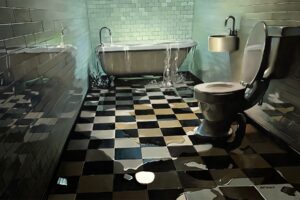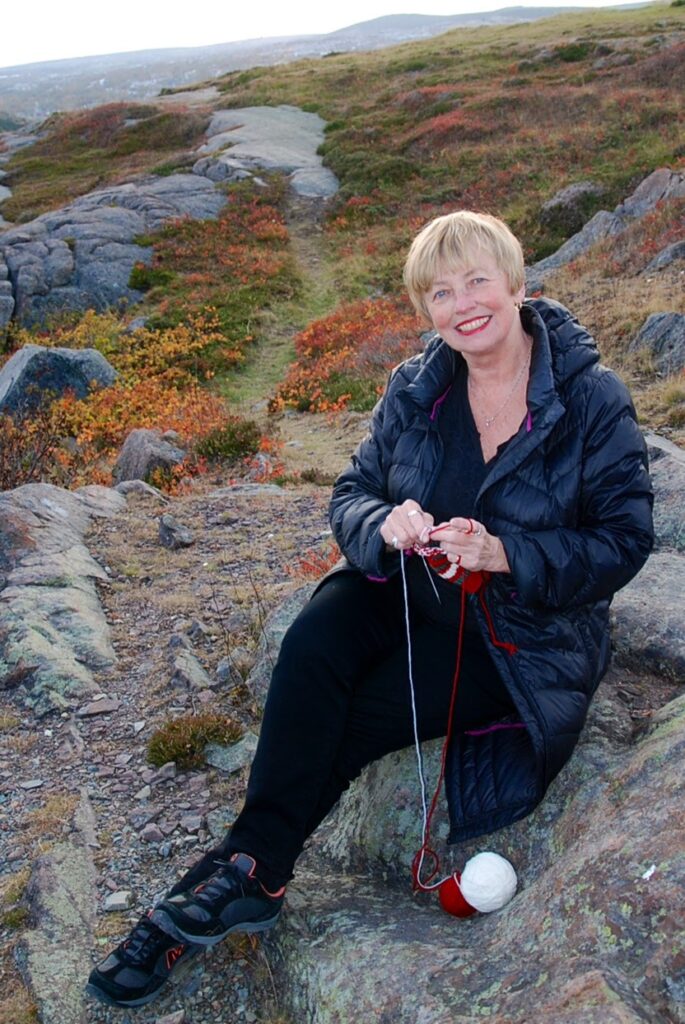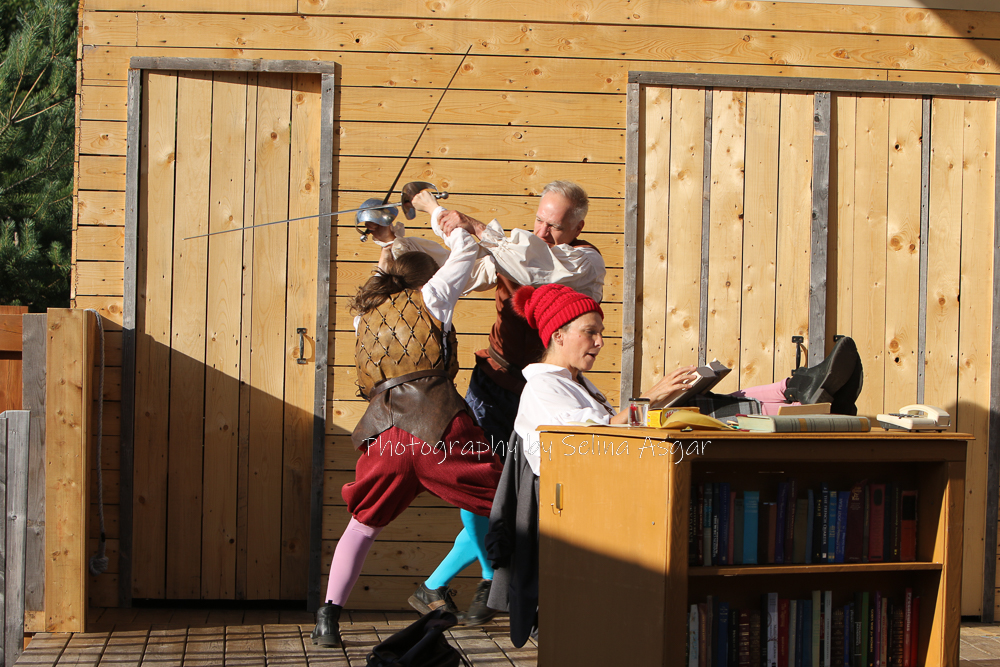“I still chase light”: an interview with painter Grant Boland
August 2024
How far in advance do you map out in your mind what you want to be painting? Do you go, I’ll do a series of portraits, or Ok I’ll do some landscapes.
You start out that way. Oftentimes one painting will put you off in another direction. A tangent. And you got to follow it, if you try to fight that, your next painting will be like pulling teeth. You have to follow where the painting leads you. So it’s very organic. You can try to plan but things often change and the painting itself dictates the direction.
How will it send you off on a tangent? With a colour?
It could be. It could be something you come across in mark-making, or even the way you think about the subject you’re painting. Now I have ADHD too, though I find when I paint I’m very honed in and focused, hyper-focused. My mind doesn’t jump when I’m painting, it’s very in tune with what I’m doing.
How about being inspired by travel, for example your Havana series?
I can’t remember what drew me to Havana first. When I went to focus on Havana, to paint it, I remember thinking, I should be a writer, this place is built for writers. But as far as working when I travel, no. I just absorb and process later. But I do walk around foreign places with that in the back of my mind. I do look at everything that way. You’re never turned off. You’re always looking at things as a painter. I take some photos to remind me of things; then I can reconstruct it later if it says something to me.
Do you see painting as narrative?
In the sense that every artform is about storytelling. Abstract painting even. It’s all about storytelling. It connects people. You don’t even have to speak the same language. Language is not even the thing. I was walking through MoMA and I looked over and saw van Gogh’s The Starry Night, St Rémy, June 1889, and I got jolted. You have to see it in person. It’s sculptural. It’s an experience to stand in front of it. No reproduction can do it justice. I was moved, choked up moved. This way to see the world that you aren’t privy to, except through his paintings. It’s a different kind of dialogue, isn’t it?

How is that reflected in a piece like You May Still Be Sleeping?
That’s from one body of work I haven’t fully explored yet, but that’s the beginning of it, on liminal spaces. Which doesn’t have to be a physical space, it can be psychological, emotional. What I found interesting about the response to that painting was that half of the people that saw it really liked it, and the other half would look at it as being uncomfortable, it would make them feel uneasy or unsettled, which is the whole thing about liminal spaces, it’s a point of transition, so it’s supposed to make you feel a little uneasy. Like this [we’re chatting in the former food court at Atlantic Place] is a liminal space.
And what about a piece like Sheep?
Sometimes I just paint things. The sheep are just sheep. I like the light. I still chase light. No matter if the subject matter is more cerebral, or just sheep. Sometimes I just like to paint nice things, things that make me happy. It doesn’t always have to be thought-provoking. Actually I don’t think much of my work is that heavy in terms of layered messaging.
What are you working on now?
One is that group of work on the liminal, but then I’m also drawn back to my earlier fascination with the Baroque. So I’m working on one painting of the goddess Amphitrite, a nude figure with lots of sealife, fabrics with tridents and ships. Because I’m still drawn to the whole Newfoundland sea culture thing. I’ve done some seascapes recently as well, kind of in that vein of the Baroque, but it crosses over into the liminal. The Baroque is full of colour and rich fabrics and textures, and the liminal is sparse, kind of cold, but there is crossover in there somewhere. Two extremes but crossovers in some places.
![]()
Grant Boland is represented in St John’s by the Emma Butler Gallery. Images: This Bridge Across, You May Still Be Sleeping, Beacon, courtesy the Emma Butler Gallery



